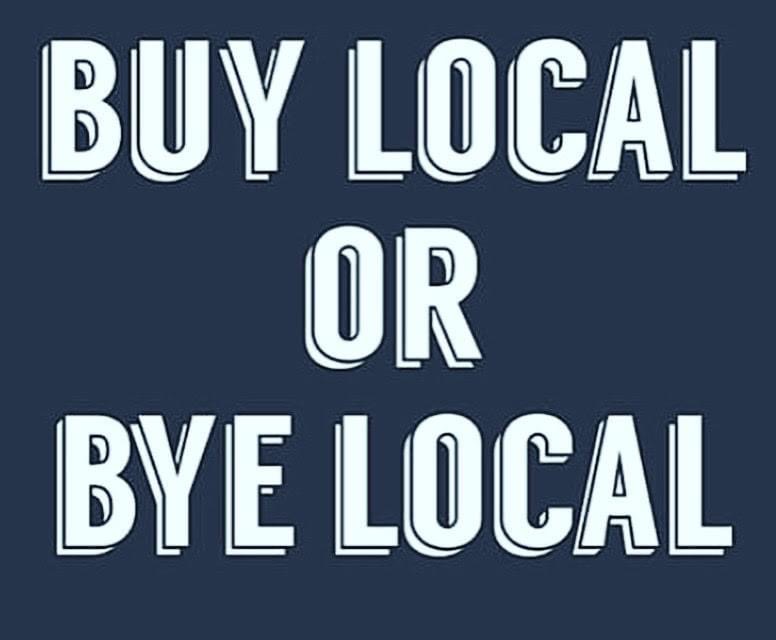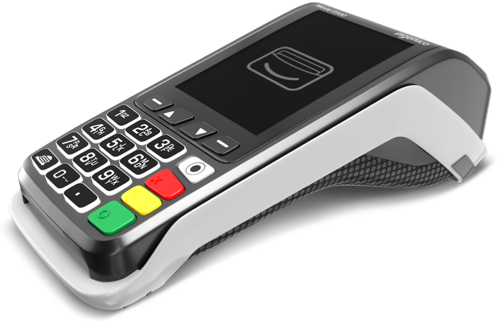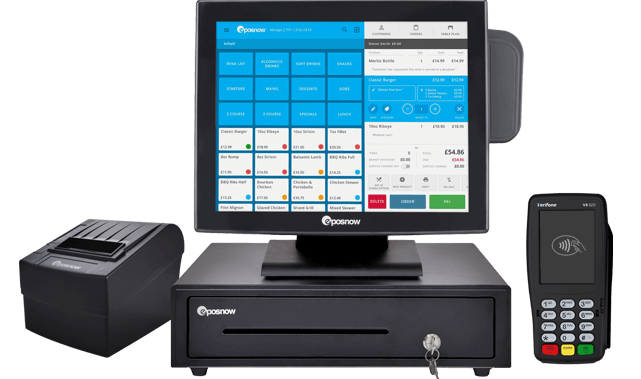Introduction:
In today’s dynamic marketplace, businesses continuously seek innovative ways to attract and retain customers. One such approach that has gained significant traction is the concept of the experience economy. Coined by Joseph Pine and James Gilmore in their groundbreaking article in 1998, the experience economy emphasises the shift from a traditional good and services-based economy to one focused on delivering memorable customer experiences. In this article, we will explore the experience economy and its potential benefits for the hospitality and retail sectors in the UK. Additionally, we will discuss the impact of Covid-19 on these sectors and the changes businesses have made to adapt to the new normal.
“Experiences are inherently personal,existing only in the mind of an individual who has been engaged on an emotional physical intellectual or even spiritual level”
Welcome to the Experience Economy by Joseph Pine and James Gilmore 1998
Understanding the Experience Economy
The experience economy revolves around customers seeking more than just products or services—they crave engaging and immersive experiences that leave a lasting impression. This shift in consumer behaviour presents a golden opportunity for businesses in the hospitality and retail sectors to differentiate themselves and build long-term customer loyalty.

Benefits for the Hospitality Sector
Enhancing Customer Service:
In the experience economy, customer service takes centre stage. Hospitality businesses prioritising personalised and exceptional customer experiences stand to gain a competitive edge. By investing in well-trained staff, seamless check-in processes, and anticipating guests’ needs, hotels and restaurants can create memorable experiences that drive customer loyalty.
Increasing Perceived Value:
Customers are willing to pay a premium for experiences beyond the primary offerings. Hospitality businesses can enhance their perceived value and command higher prices by curating unique and immersive experiences, such as themed stays, guided tours, or chef-led cooking classes. This shift from price-based competition to value-based differentiation strengthens the industry’s profitability.
Fostering Customer Loyalty:
Building customer loyalty is crucial in the hospitality sector. Businesses can cultivate long-term customer relationships by offering personalised experiences, tailored recommendations, and rewards programs. Loyal customers become brand advocates and have a higher lifetime value, making them invaluable assets to the business.

Advantages for the Retail Sector
Creating Engaging In-Store Experiences:
In the age of e-commerce, brick-and-mortar retailers face the challenge of attracting customers to physical stores. By transforming their spaces into experiential environments, retailers can offer unique and immersive experiences that are not replicable online. Interactive displays, product demonstrations, and engaging events create a sense of excitement and draw customers in, driving foot traffic and increasing sales.
Personalisation and Customisation:
The experience economy places a strong emphasis on personalised offerings. Retailers can leverage customer data and emerging technologies to offer personalised recommendations, exclusive promotions, and customised products or services. By tailoring experiences to individual preferences, retailers can deepen customer engagement and foster brand loyalty.
Omnichannel Integration:
The experience economy blurs the boundaries between online and offline channels. Retailers can leverage the power of digital technologies to create a seamless and integrated shopping experience. From online ordering with in-store pickup to immersive virtual reality experiences, embracing omnichannel strategies enables retailers to cater to customers’ evolving preferences and expectations.
The Covid-19 Effect and Adaptation
The Covid-19 pandemic has significantly impacted the hospitality and retail sectors, forcing businesses to adapt to new realities. While the pandemic brought challenges, it accelerated specific trends aligned with the experience economy.
Shift to Contactless Experiences:
The need for social distancing and hygiene measures prompted businesses to adopt contactless solutions. From mobile check-ins to digital menus and contactless payments, these adaptations prioritise customer safety while offering seamless and efficient experiences.
Embracing E-commerce and Delivery Services:
The closure of physical stores during lockdowns accelerated the adoption of e-commerce and delivery services in the retail sector.
Conclusion:
The experience economy has emerged as a transformative concept for the hospitality and retail sectors in the UK. By shifting their focus from mere products and services to creating immersive and memorable experiences, businesses in these sectors can differentiate themselves, increase customer loyalty, and drive profitability. Through personalised customer service, enhanced perceived value, and a focus on fostering long-term relationships, the hospitality industry can thrive in the experience economy. Likewise, the retail sector can leverage engaging in-store experiences, personalisation, and omnichannel integration to attract customers and create lasting impressions.
The Covid-19 pandemic has undoubtedly presented challenges to these sectors but has also accelerated specific trends aligned with the experience economy. Businesses have adapted by implementing contactless experiences, embracing e-commerce, and enhancing delivery services to cater to changing customer preferences and ensure safety.
As the UK hospitality and retail sectors continue to recover and rebuild, incorporating the principles of the experience economy will be vital. By understanding the importance of delivering exceptional customer experiences, businesses can unlock new opportunities, foster loyalty, and thrive in a competitive landscape. Combining a well-executed experience economy strategy and the agility to adapt to evolving consumer needs will position businesses in the hospitality and retail sectors for long-term success. One thing that we take away from the misery of the pandemic years is that life is too short not to spend our time well.



